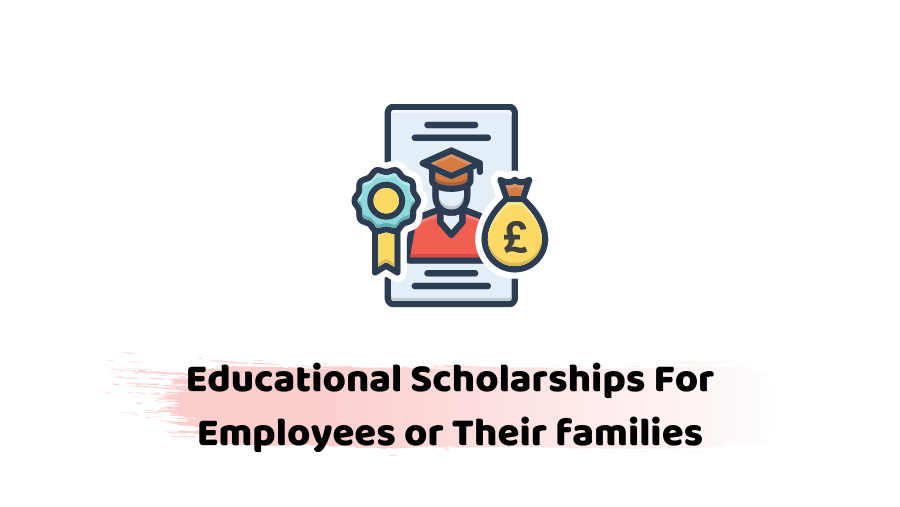Different tax law refers to program for exhibitions, educational bursaries, or other related. Accotax will provide educational scholarships for Employees.
Provided certain conditions are met, there will be no tax or reporting implications. Where an employer funds a ‘fortuitous’ scholarship for an employee’s family member. This means that there must be no direct connection between the employee. Who is working for the employer and their family member getting the scholarship?
A scholarship is ‘fortuitous’ if all the following apply:
- the person with the scholarship is in full-time education
- The scholarship will still go to that person, even if the member of their family did not work for the employer
- the scholarship run from a trust fund or under a scheme
- 25% or fewer of the payments made by the fund or scheme are for employment-linked scholarships
If the scholarship does not qualify for the exemption. The employer must report it to HMRC on form P11D and pay Class 1A NICs on the cost of providing it.
Kids of managers in a family company are unable to take advantage of this clause. Because the tax legislation deems there to be a benefit in kind. In some circumstances a remoter relative. For example, a grandparent could establish such a scheme. If the student employed and their parents are not involved with the company.
Sandwich Courses
An employee in full-time employment may leave that employment for a period. To enter an educational institution but continue to get compensation from the employer. for example where the employee is on a ‘sandwich’ course. To enter an educational institution but continue to get compensation from the employer.:
The employer will have the employee enrolling for one academic year at uni, institution. Thus, to attend the course for at least 20 weeks in that academic year. If the course is longer, the employee must attend for at least 20 weeks on average. Thus, in an academic year over the period of the course.
The establishment must be a recognized university. Technical college, or ‘similar educational establishment’ open to the public. Thus, offering more than one course of practical or academic instruction.
- The payments must not exceed a specified most of the figures for the academic year. This figure must include lodging, subsistence, and travel allowances. But does not include any tuition fees payable to the establishment by the employee. Note that:
- The exemption can apply to the student earnings for periods of study in an educational institution
- it cannot Cover payments made for any periods spent working for the employer. Whether during vacations or otherwise
- the current max figure is £15,480 per academic year
- in principle, the limit is all or nothing: if it breached then the whole amount is taxable. When payment rises during the academic year. Then earlier payments made under the negotiated cap are not invalidated
Qualifying payments will also be exempt for Class 1 National Insurance Contributions purposes.
Example
Jack’s employer pays for him to attend college on a course that starts in September 2018. To finishes at the end of the academic year in June 2019. Jack works for his employer over the Christmas and Easter periods. Thus, during which he will pay his normal monthly salary. His income while working during holidays will be subject to tax and Class 1 NICs. Because the exemption only applies to income when attending college.
Jack’s employer pays him £3,000 in September 2018 for the first term of the academic year for two. Further payments of £3,000 each on January 2 and April 2019 to cover terms 2 and 3. These three amounts of £3,000 each will be exempt from tax. NICs because they meet the qualifying conditions including being less. thus, then the financial ceiling of £15,480.
Partner Note: ITEPA 2003, s 204, ss 211 – 215; ITTOIA 2005, s 776(1); SP 4/86





















































